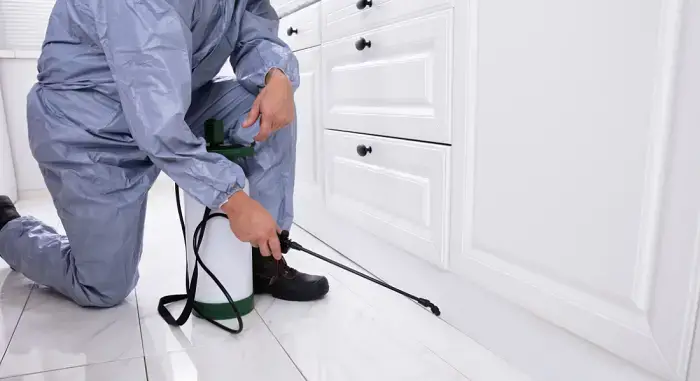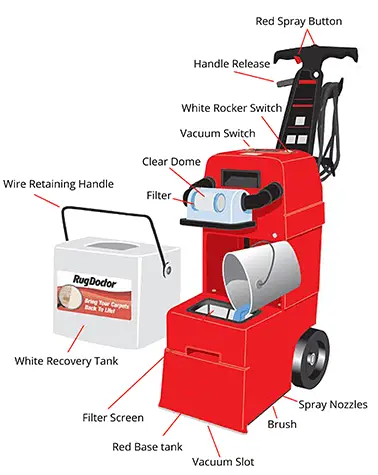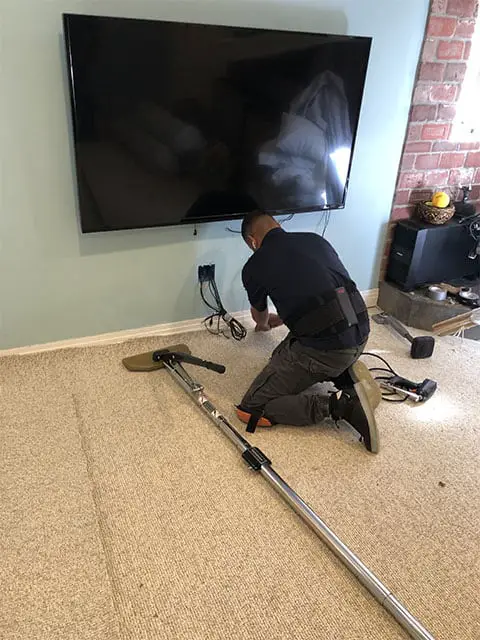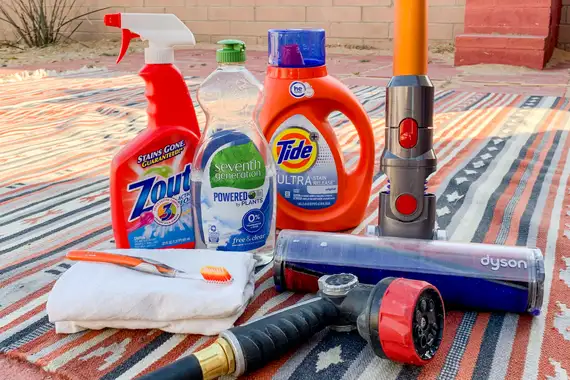THE IMPORTANCE OF REGULAR PEST CONTROL INSPECTIONS
Pests can be a major problem for any business or home, causing damage to property and posing a health hazard to people. Regular pest control inspections are an important part of keeping a business or home free from pests. Regular inspections allow for early detection of pest activity and can help identify any potential problems before they become serious. In addition to detecting existing pest problems, regular inspections can help to prevent future infestations. Pest control inspections can also help to ensure that pest control treatments are effective and that the premises are safe for staff and customers. Regular inspections can help to reduce costs associated with pest control, as minor problems can be dealt with before they become major infestations.
What Is Pest Control?
Pest control refers to the management of pests through a variety of methods, including physical, chemical, and biological means. This practice is used to reduce the population of pests, such as insects, rodents, and weeds, to a level that is considered acceptable and safe for humans and the environment. Pest control can also be employed to protect property, crops, and livestock from the damaging effects of pests. In addition, pest control can be used to protect public health, reduce the risk of foodborne diseases, and reduce the spread of certain animal-borne diseases. Pest control is an essential component of a healthy and sustainable environment and is critical for preserving the quality of life.
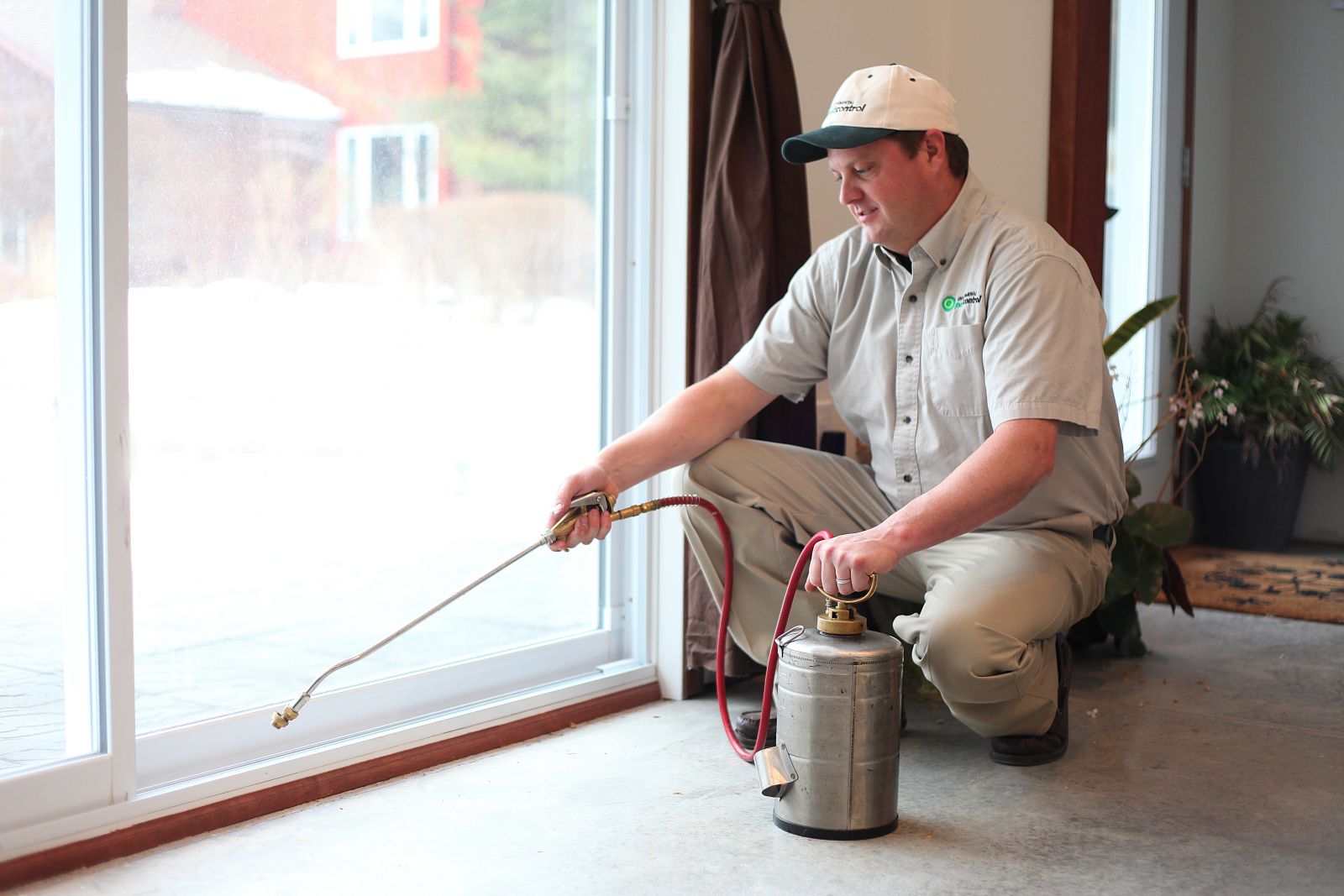
Types of Pests That Require Pest Control
Different types of pests can wreak havoc on homes, businesses, and other properties. Pest control is an important part of maintaining a healthy and safe environment. Common types of pests that require pest control include rodents, cockroaches, flies, ants, bed bugs, termites, and spiders. Rodents such as mice and rats can spread disease, contaminate food, and damage property. Cockroaches can spread bacteria and cause allergies and asthma. Flies and ants can also spread bacteria and contaminate food. Bed bugs can cause discomfort and skin irritation. Termites can cause costly structural damage to buildings. Spiders can cause bites that can be painful and, in rare cases, dangerous. Pest control is essential to protect against the health and property risks posed by these pests. Professional pest control services are available to help identify and eliminate these pests and keep your home or business safe.
Benefits of Regular Pest Control Inspections
Regular pest control inspections are essential to any home or business owner. Regular inspections can help identify and address existing pest problems before they become major issues. They can also help prevent future infestations by continually monitoring for signs of activity. Inspections can also help reduce the use of pesticides, as they can help identify and target specific problem areas, rather than using a blanket approach. Regular inspections can also save time and money by ensuring that the problem is addressed quickly and correctly the first time. Lastly, regular inspections can help maintain a clean and healthy environment for those living or working in the space. In summary, regular pest control inspections are a vital component of any pest control plan, providing peace of mind and a healthier environment.
What Is Involved in a Pest Control Inspection?
A pest control inspection is an essential part of keeping your home or office free of pests. It involves a professional inspection of the premises, identifying potential pest problems, and recommending the best course of action to eliminate them. During a pest control inspection, a technician will examine the building’s interior and exterior for signs of pest activity, such as droppings, gnaw marks, nests, and other evidence. They may also use specialized equipment to detect pest activity, such as thermal imaging cameras and high-powered flashlights. Once the inspection is complete, the technician will recommend a tailored plan to address the infestation, which may include trapping, baiting, or chemical treatments. Ultimately, a pest control inspection is the best way to ensure your home or business is free of pests and the risks they pose.
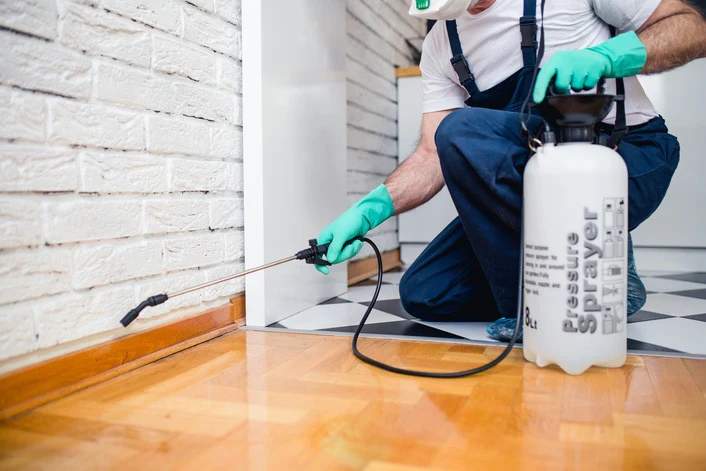
Preparing for a Pest Control Inspection
Having a pest control inspection can be a daunting task, but it doesn’t have to be. With a few simple steps, you can be sure that you are prepared for the inspection and that your home or business is safe from pests.
First, it is important to make sure that any cracks or crevices in your home or business are sealed to prevent pests from entering. Next, it is important to clean up any areas where pests might find food or water, such as garbage cans, pet food dishes, and bird baths. Finally, it is essential to remove any clutter that might provide shelter for pests.
By following these steps, you can be sure that your home or business is ready for pest control inspection. Being prepared will help the inspector find any potential problems and help you address them quickly and effectively.
What to Do After a Pest Control Inspection
After a pest control inspection, it is important to make sure that any potential pest issues have been addressed. Follow up with your pest control company to ensure that any recommended treatments were completed, and take any additional steps that may be necessary to protect your home. This may include sealing up cracks and crevices, ensuring proper sanitation and storage of food items, and keeping your home free of clutter and debris. Additionally, it is a good idea to inspect your yard for any signs of pest activity, such as nests, droppings, or burrows. Taking proactive steps to prevent pest infestations will help protect your home and ensure your family’s safety.
Common Pest Control Mistakes to Avoid
Pest control is a necessary part of home maintenance, but it can be overwhelming and confusing. To make sure your pest control efforts are successful and safe, it’s important to be aware of the common mistakes that people make. Some of the most common errors include using too many pesticides, not properly sealing entry points, and not regularly inspecting for pests. Overusing pesticides can be dangerous to your family, pets, and the environment while failing to seal entry points can allow pests to easily re-enter your home. Finally, inspecting for pests regularly helps you stay ahead of any potential infestations. By avoiding these common mistakes, you can ensure you stay pest-free.
FAQs About THE IMPORTANCE OF REGULAR PEST CONTROL INSPECTIONS
1. What is the importance of regular pest control inspections?
Regular pest control inspections are important because they allow you to identify and address any pest infestations early on, preventing them from spreading and becoming a larger problem. Regular inspections can also save you money in the long run, as they can help you avoid expensive treatments and repairs that may be necessary if the infestation is allowed to grow.
2. How often should I have a pest control inspection?
For the best protection from pests, it is recommended to have a pest control inspection at least once a year. If you live in an area prone to pests, such as near water or wooded areas, you may want to consider having an inspection more frequently.
3. What should I expect from a pest control inspection?
A pest control inspection will include a thorough visual inspection of the interior and exterior of the home, including all cracks and crevices, and an examination of any potential entry points. The inspector may also use special tools and devices to detect the presence of pests. After the inspection is complete, the inspector will provide you with a report outlining any findings and recommendations for treatment.
Conclusion
Regular pest control inspections are essential to maintain a healthy and safe environment. Pests can cause serious damage to property, and the health risks associated with pest infestations can be dangerous. Regular inspections will help to identify any potential pest problems before they become major problems, ensuring that any potential problems are addressed promptly and effectively. Regular inspections also help to protect the environment by reducing the need for chemical treatments, which can be harmful to the environment. Regular inspections are necessary to maintain a safe and healthy living environment.
